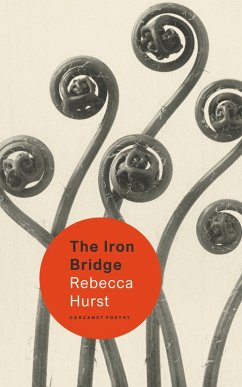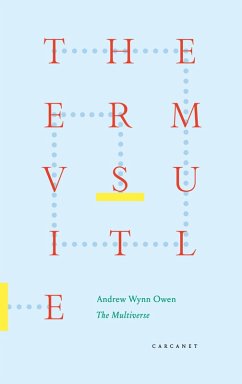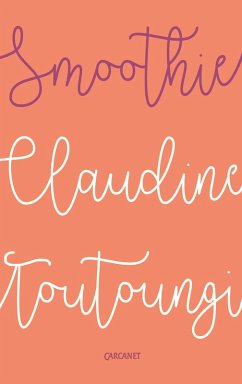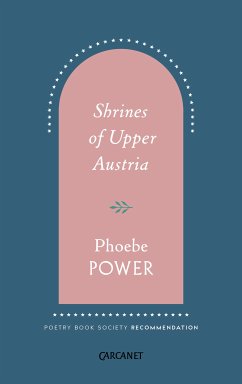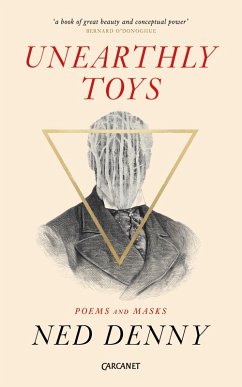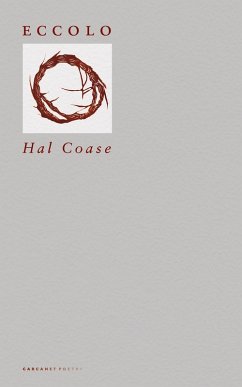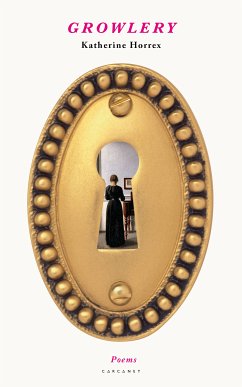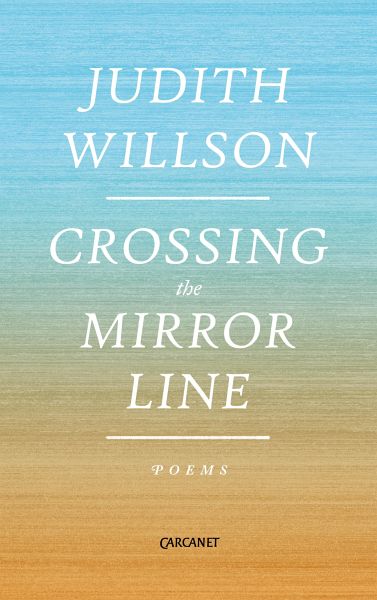
Crossing the Mirror Line (eBook, ePUB)
Versandkostenfrei!
Sofort per Download lieferbar
9,59 €
inkl. MwSt.
Weitere Ausgaben:

PAYBACK Punkte
0 °P sammeln!
Crossing the Mirror Line explores doubleness, the unsettling symmetries of mirrored reflections, the magician's disorientating art that 'makes nothing appear'. Artists' mannequins and watchful children stand at an angle to the familiar-seeming world; an estuary blurs distinctions between land and sea. Like the eighteenth-century artists' landscape mirror that reconfigured the relationship between the viewer and what is viewed, the poems in Judith Willson's first collection are concerned with the very act of looking, how it selects and transforms what is seen. Their landscapes are borders and b...
Crossing the Mirror Line explores doubleness, the unsettling symmetries of mirrored reflections, the magician's disorientating art that 'makes nothing appear'. Artists' mannequins and watchful children stand at an angle to the familiar-seeming world; an estuary blurs distinctions between land and sea. Like the eighteenth-century artists' landscape mirror that reconfigured the relationship between the viewer and what is viewed, the poems in Judith Willson's first collection are concerned with the very act of looking, how it selects and transforms what is seen. Their landscapes are borders and boundaries, places shaped by the persistence of a past which still presses close to the surface, its meanings as unstable as the play of light. Objects disclose stories of their travel through 'peopled time': poems 'reach through thick folds into pockets / for a letter or a glove'.
Dieser Download kann aus rechtlichen Gründen nur mit Rechnungsadresse in A, B, BG, CY, CZ, D, DK, EW, E, FIN, F, GR, H, IRL, I, LT, L, LR, M, NL, PL, P, R, S, SLO, SK ausgeliefert werden.




